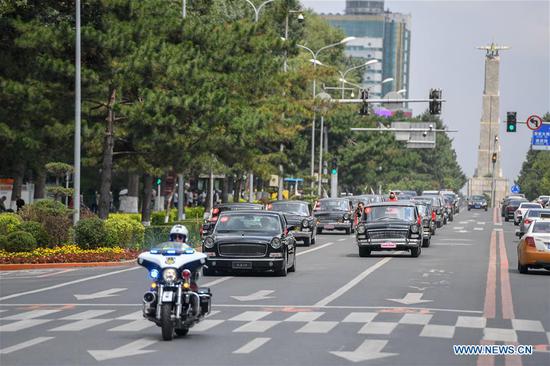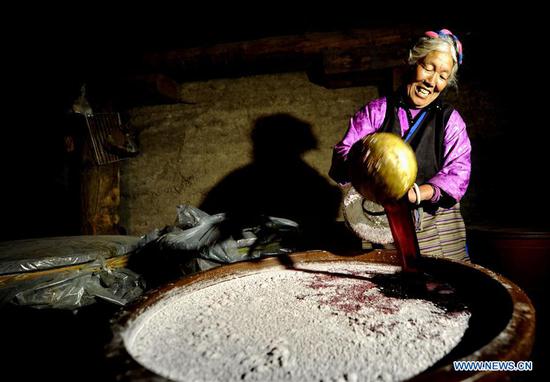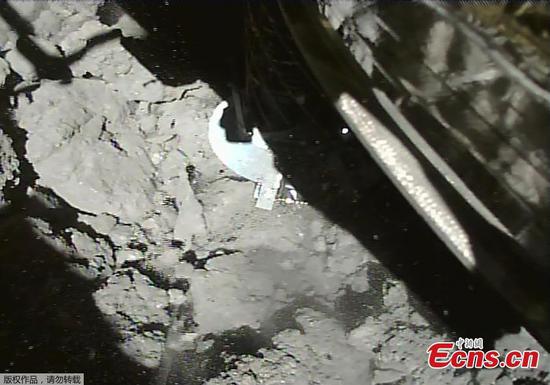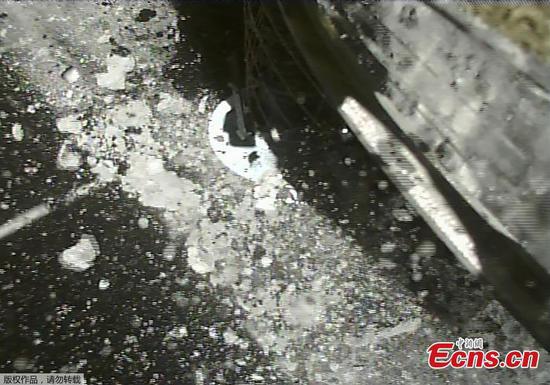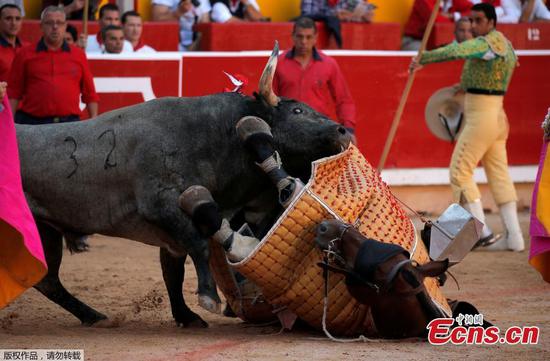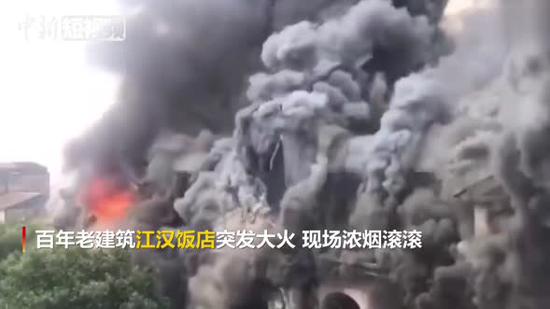The Beijing Urban Management Commission said on Monday that Beijing will initiate the first pilot program of its trash classification system, after it made the announcement to follow Shanghai's steps on mandatory household garbage sorting early this month.
The program is designed to advance and regulate the local garbage sorting system, including trash sorting operations in residential communities, companies and public institutions.
Sun Lu, deputy director of the Beijing municipal solid waste classification and treatment promotion center, said that a total of 224 townships, including 8,511 communities and a number of companies and public institutions, are included in the pilot waste classification program, which covers 60 percent of Beijing's townships.
The trial program is expected to establish specific waste management regulations. A set of disciplinary rules is expected to ensure that no garbage is collected and transported before it is sorted properly, in order to reinforce the efficiency of everyday garbage sorting operations and enhance residents' awareness of waste classification.
In Shanghai, violators are now fined up to 200 yuan ($30) for trash-sorting violations.
Municipal officials also are working on the construction of Beijing's garbage transportation service, including launching a new set of management regulations and adopting various types of garbage transportation vehicles, to meet the needs of the upcoming urban trash classification system.
Reports said that the total amount of kitchen waste in Beijing rose to 170,200 tons in 2018, an increase of 58.2 percent from the previous year.























